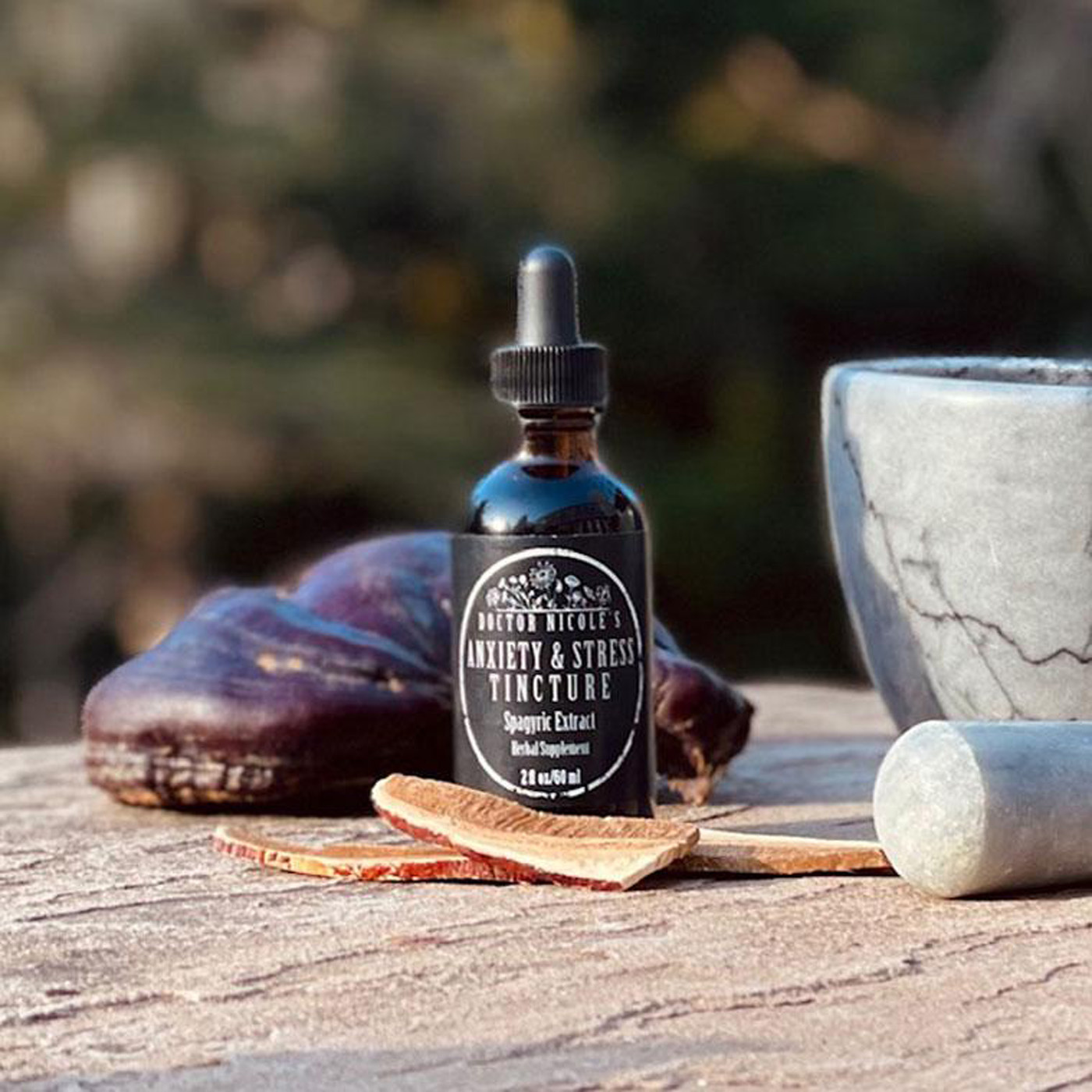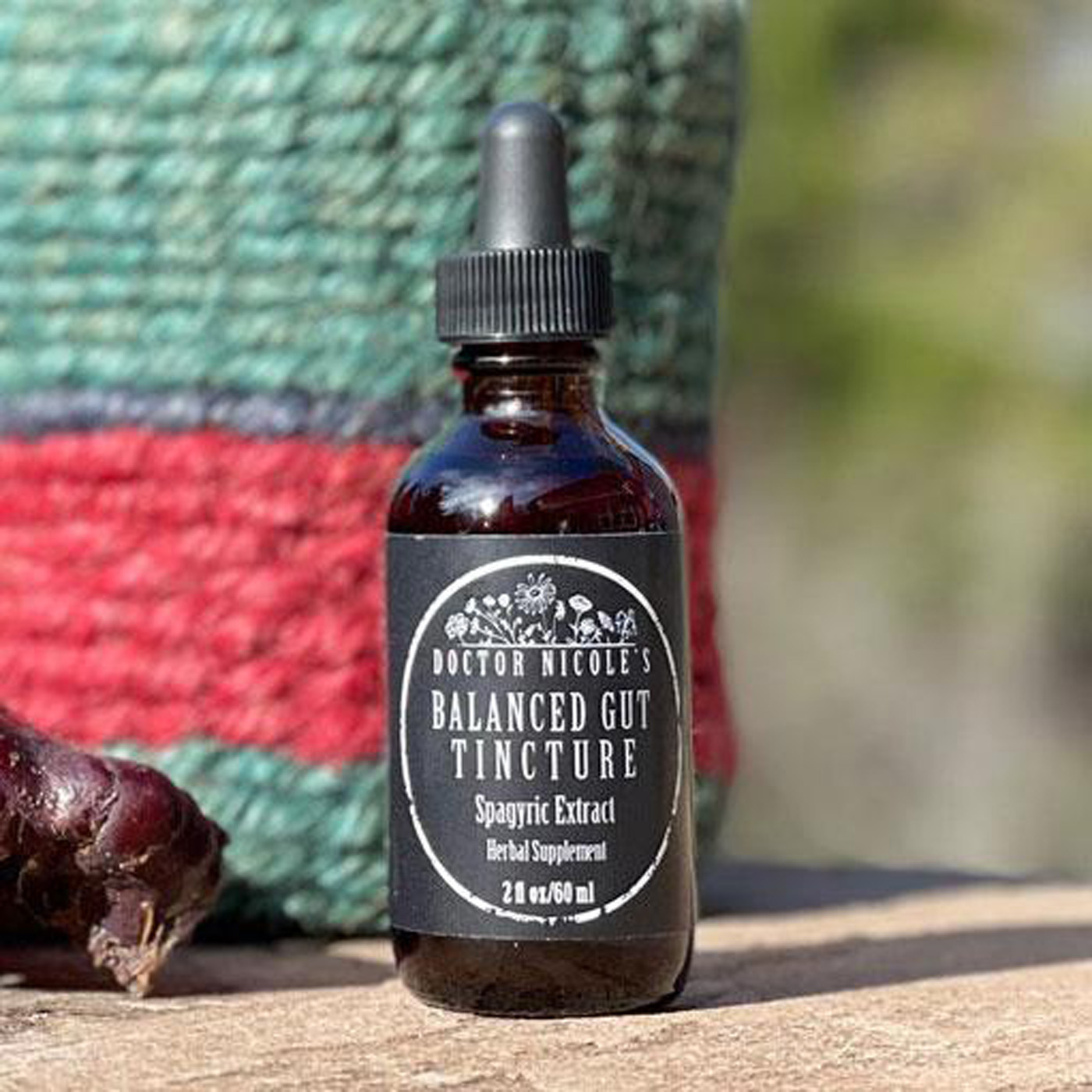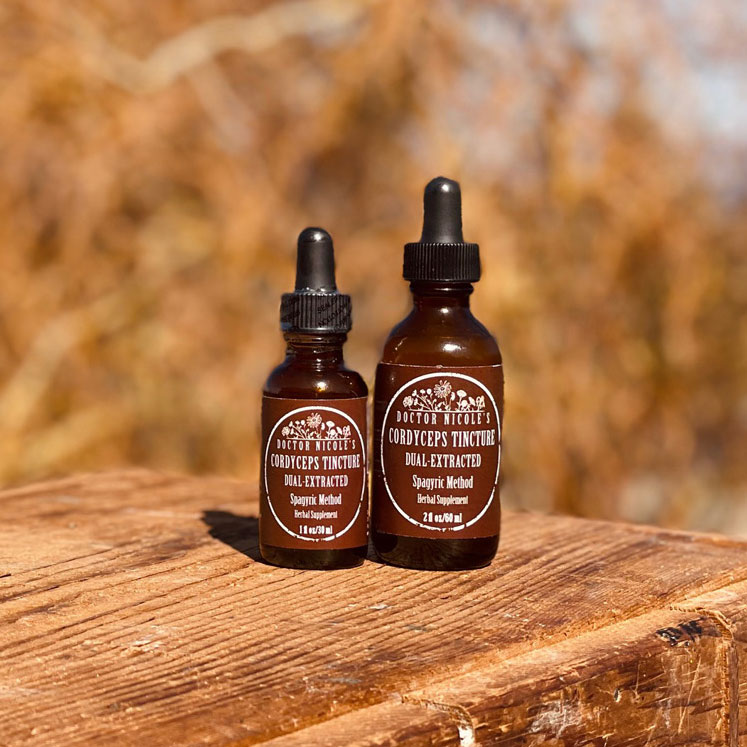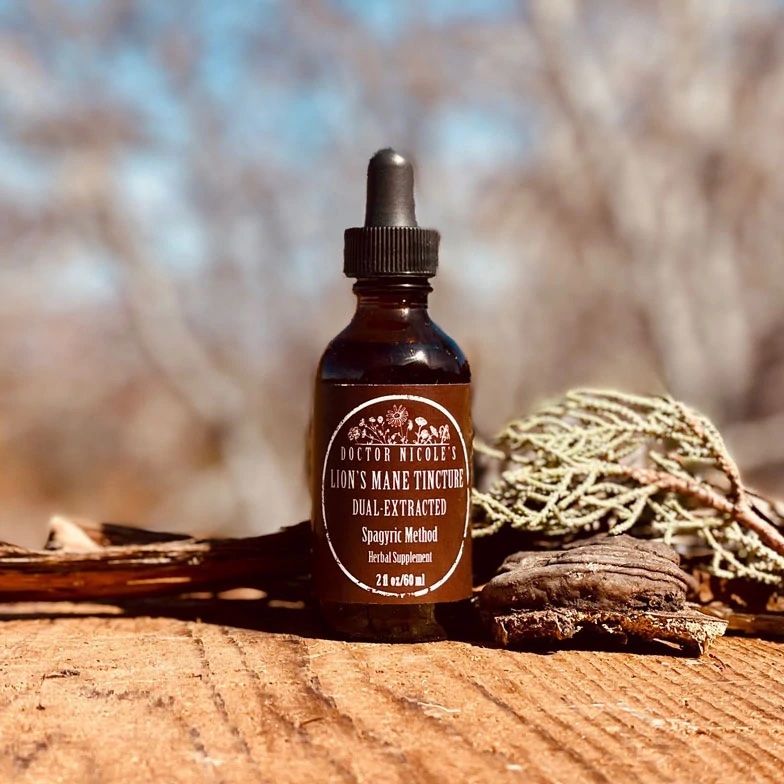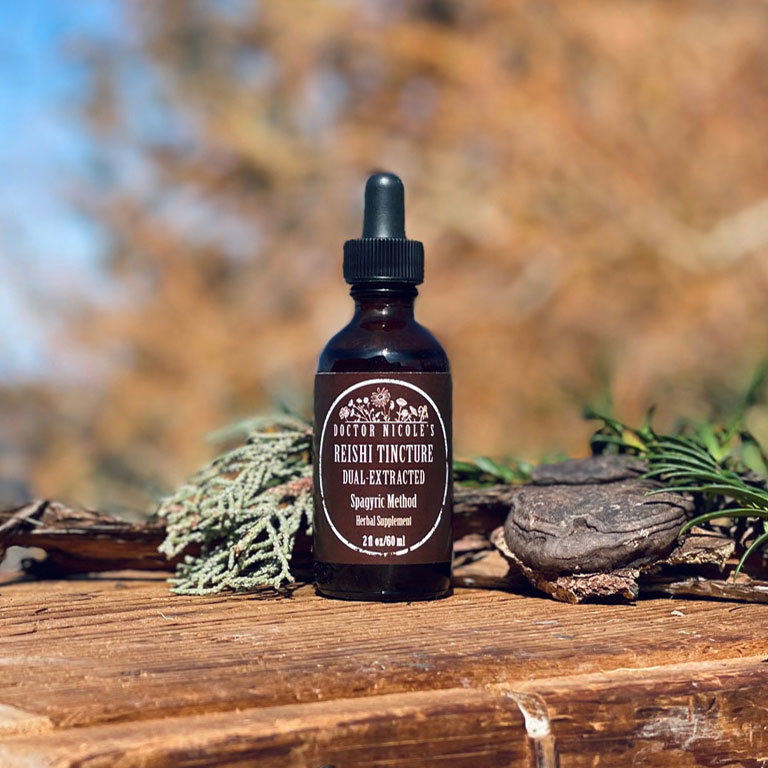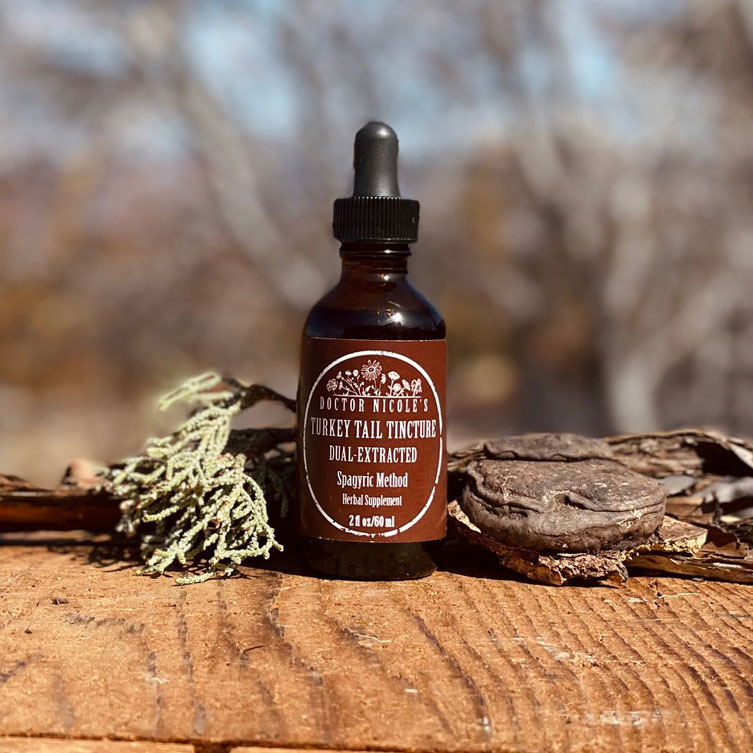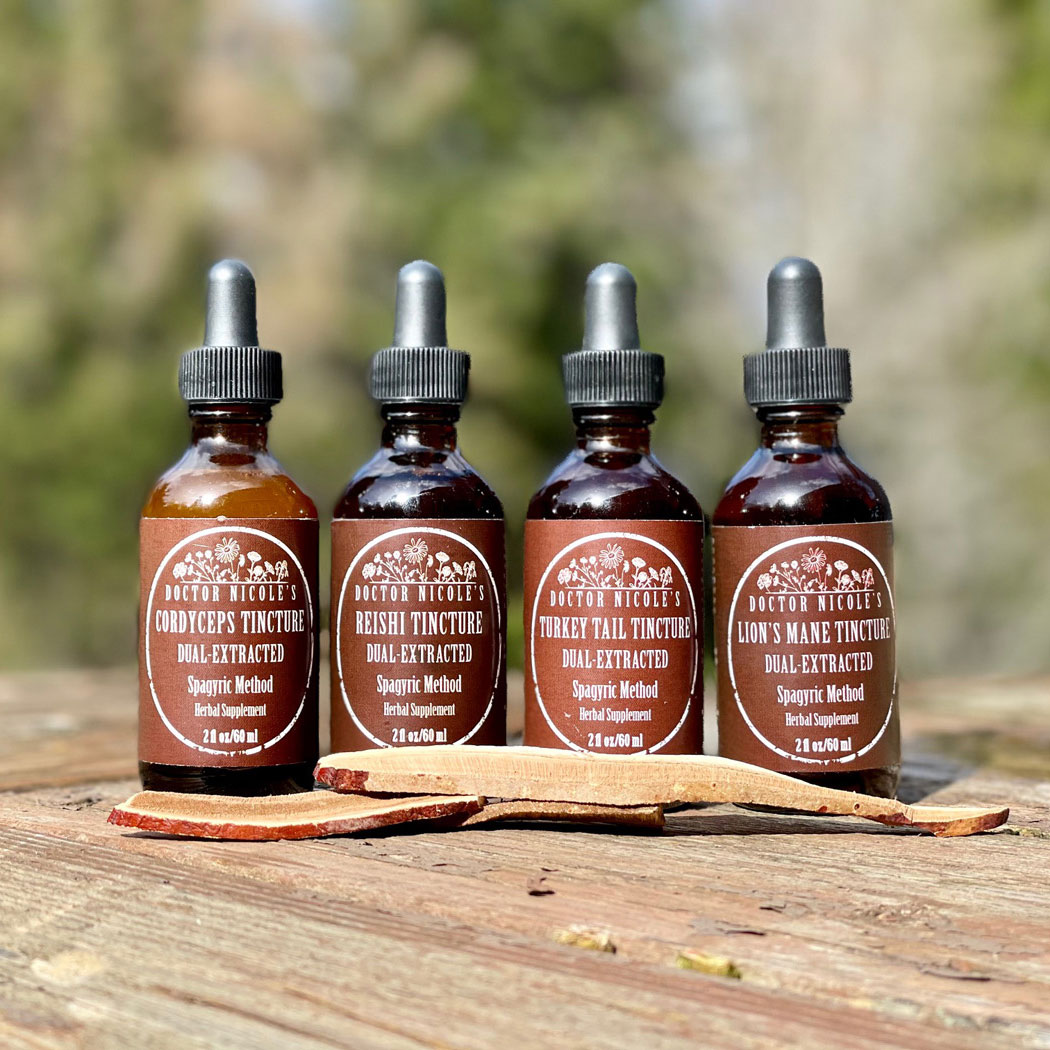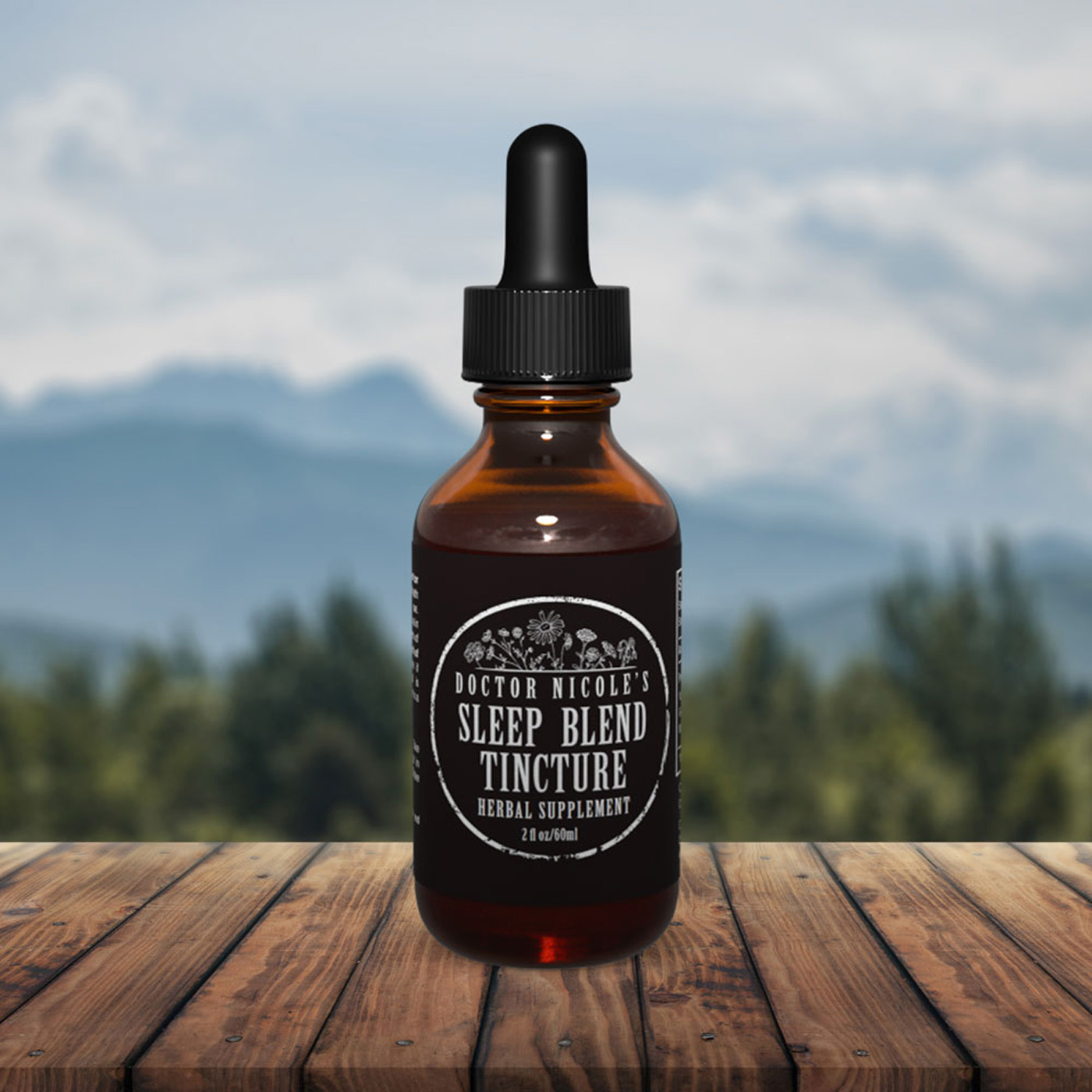What is Lupus?
An autoimmune disorder that typically impacts those between the ages of 15 and 45, systemic lupus erythematosus is occasionally known to affect children and older adults as well. It is more common in women and those of African American, American Indian, and Asian descent. You are more likely to develop lupus if you have a family member with the disease or another autoimmunity issue. It causes inflammation, tissue damage, skin and joint issues, and can seriously damage the heart, lung, brain, blood cells, and kidneys. Symptoms include fevers, swollen and painful joints, stomach and abdominal pain, lethargy and fatigue, hair loss, headaches, rashes, enlarged glands, sores in the nose and mouth, fingers and toes that turn blue-purple, white, or red due to cold and stress, and swelling around the eyes or in the legs.
As with all autoimmune conditions, flares occur that are mild to severe and come and go without warning. While the cause of the disorder is still unknown, several factors can cause lupus to develop, such as genetics, systemic inflammation, viral infections, stress, medications, diet, hormones, and smoking. At this time there isn’t a cure, only symptom management. Below we will discuss natural approaches for calming lupus flares, including diet, lifestyle habits, helpful supplements, and herbs.

Autoimmune Diet
Food triggers are strongly associated with autoimmune flares. These include: fried foods, trans fats, dairy, gluten, refined sugar, tree nuts, excessive salt, and processed foods of any kind — even so-called ‘healthy’ natural products such as protein bars, crackers, snack foods, plant-based milks, etc. If you have lupus or another autoimmune condition, you will also want to steer clear of refined oils, artificial sweeteners, and most sauces and beverages as they contain high levels of salt, sugar, and problematic additives — such as salad dressings, soy sauce, teriyaki sauce, hoisin sauce, alcohol, and sugary drinks. See this post for healthy alternatives. Cross-reactive foods that mimic gluten autoimmune reactions can also be an issue, including cereal grains, corn, yeast, millet, milk chocolate, and instant coffee. In some sensitive individuals, eggs can be problematic as well. An IGG food sensitivity test or elimination diet is helpful for pinpointing what foods may be an issue.
An anti-inflammatory diet is key. Focus on whole-foods such as fresh vegetables and fruit; tubers (Jerusalem artichokes, taro, sweet potatoes); lean meats (organic, grass-fed, pasture-raised, or wild caught game, chicken turkey, seafood); bone broth; fermented foods (active culture sauerkraut, kimchi, miso, kombucha, tempeh). Stevia and monk fruit are good options for sweeteners, as are maple syrup and raw honey in moderation. Leafy greens and brightly colored fruits and vegetables are particularly helpful in taming inflammation and reducing oxidative stress — aim for at least 6-9 servings daily.

Leaky Gut
Increased intestinal permeability, otherwise known as leaky gut, is often associated with autoimmune disorders.1 The condition is caused when the gut lining becomes excessively permeable, allowing toxins and proteins from food to enter into the bloodstream. This in-turn triggers body-wide inflammation, which worsens autoimmune symptoms. What’s more, leaky gut often causes significant digestive issues, diarrhea, allergies, pain, brain fog, mood swings, skin problems, and hormonal imbalance. Needless to say, if you are diagnosed with an autoimmune condition, healing the gut is crucial. Have a look at my post, “Fertilize Your Gut? You Bet! Here’s How” for foods that promote gut health.
Additionally, my Balanced Gut Blend is a convenient and easy-to-use tincture containing powerful botanicals to support and soothe the gut lining so that it can heal. Formulated with reishi, lion’s mane, and turkey tail medicinal mushrooms, it helps to calm inflammation, modulate the immune system, and provide prebiotics to balance the microbiome. Whereas, slippery elm, marshmallow root, and plantain form a protective layer in the gut and calm the mucous membranes so that the intestinal wall can regenerate.
Berberine and turmeric are also helpful. H. pylori is a bacterium associated with ulcers and, oftentimes, leaky gut. If this is the case for you, berberine is an excellent herb to eliminate the bacterial infection naturally without having to resort to antibiotics that harm the microbiome. However, do not use goldenseal as your source for berberine since it is too stimulating for those with autoimmune conditions.8,9 Turmeric is outstanding for relieving inflammation, especially when paired with black pepper to boost absorbability.7
Helpful Supplements
Vitamin D: If you are diagnosed with an autoimmune disorder, it is important to have your vitamin D levels checked. This compound plays a beneficial role in immune function, especially if you are contending with autoimmunity.10 It is naturally created in the body via sunlight exposure, but for those with lupus this can be problematic, so supplementation is best. Suggested dose: 4000 IU daily.
Vitamin K2: An essential vitamin for cardiovascular, bone, and dental health, vitamin K2 helps calcium get to where it needs to go, instead of accumulating in the soft tissues. It is found in eggs and dairy and can be low in those who are avoiding these foods. It is an important cofactor for vitamin D, so both should be taken together. Suggested does: 80-120 mcg daily. I highly recommend consulting with your healthcare practitioner before beginning a vitamin K2 protocol.
Vitamin B12: Associated with energy and red blood cell formation, this vitamin is also helpful for mood disorders. Those with autoimmunity are often low in this vitamin due to malabsorption issues.12 It is always best to get tested before supplementing. Once you have your blood level baseline established, begin with 2,000, mcg orally each day, then decrease to 1,000 mcg/day, followed by 1,000 mcg weekly, and finally 1,000 mcg monthly.
Omega-3s: Bringing welcome relief from inflammation and boosting brain function for those with lupus, omega 3 fatty acids are found in salmon, mackerel, and other fatty fish.11 Suggested dose: 600-2,000 mg daily.
Nicotinamide Riboside (Tru Niagen, NAD+): A specialized form of niacin (B3) that is converted by the body into nicotinamide adenine dinucleotide (NAD+), it helps to produce energy, supports healthy circadian rhythm, and strengthens cellular defense systems. It also may act as an immune protector and anti-inflammatory compound for those with lupus.5 Suggested dose: 300 mg daily.
Coenzyme Q10: Helping to modulate the immune system, coenzyme Q10 also assists with calming inflammation, improving fatigue and depression, and has a beneficial impact on cytokines and oxidative stress for those with autoimmunity.6 Suggested dose: 300-400 mg daily.

Lifestyle Habits
As with any health protocol, addressing the symptoms of lupus would not be complete without including several lifestyle habits that help to reduce flares and boost overall wellbeing. The first is to lower your stress levels. Breathing techniques, gratitude journaling, and physical exercise are all effective ways to reduce stress and anxiety. I tend to favor gentle exercise such as pilates, walking, and swimming for those struggling with autoimmunity. You can also look into acupuncture and chiropractic care to not only calm the nervous system, but also for lowering inflammation.
One aspect to keep in mind is that excessive sun exposure can cause a lupus flare, so it is best not to overdo it. Instead of using toxic sunscreen, opt for a wide brimmed hat and long sleeves and pants.
It is also important to get enough quality sleep. Whenever we are contending with a health issue, it can cause disrupted sleep where we don’t feel rested the next day. A solid sleep routine is a must. I have also found that having dinner as the lightest meal of the day is helpful as well. Moreover, staying away from your devices several hours before bedtime is one of the best practices you can adopt for better sleep.
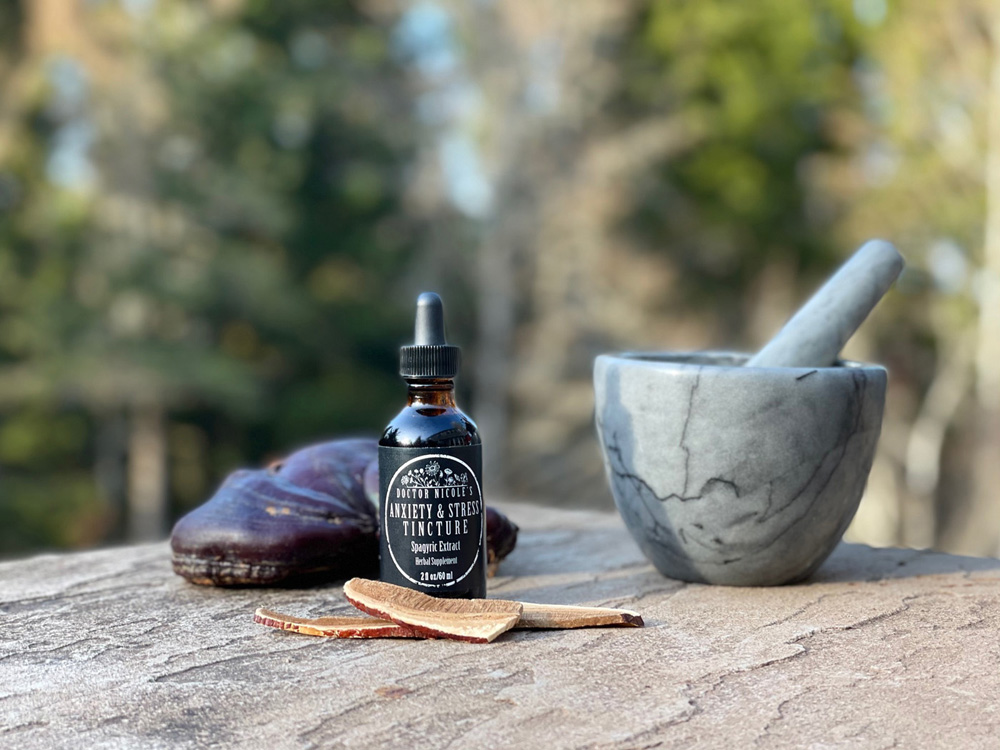
Herbal Support
For herbal support, my Anxiety & Stress, Sleep Blend, and Balanced Gut formulations are outstanding options for avoiding a flare and minimizing lupus symptoms.
Stand alone tinctures of reishi, lion’s mane, turkey tail, and cordyceps medicinal mushrooms are helpful for reducing inflammation, promoting cognitive health, adapting to stress in a healthy way, and modulating the immune system. These dual-extracted botanicals are also antiviral, anti-cancer, and antioxidant.2,3,4,5 Find all 4 in my Mushroom FOURTress – these are what I take daily for autoimmune health.
If you are struggling with lupus, natural remedies play an important role in managing symptoms and supporting a better quality of life . Visit the apothecary today to learn more!
Nicole Apelian
Nicole’s Apothecary Products in this Post
References
- Mu Q, Kirby J, Reilly CM, Luo XM. Leaky Gut ss a Danger Signal for Autoimmune Diseases. Front Immunol. 2017 May 23;8:598. doi: 10.3389/fimmu.2017.00598. PMID: 28588585; PMCID: PMC5440529
- Lin Z. B. (2005). Cellular and molecular mechanisms of immuno-modulation by Ganoderma lucidum. Journal of pharmacological sciences, 99(2), 144–153. https://doi.org/10.1254/jphs.crj05008x
- Lai, P. L., Naidu, M., Sabaratnam, V., Wong, K. H., David, R. P., Kuppusamy, U. R., Abdullah, N., & Malek, S. N. (2013). Neurotrophic properties of the Lion’s mane medicinal mushroom, Hericium erinaceus (Higher Basidiomycetes) from Malaysia. International journal of medicinal mushrooms, 15(6), 539–554. https://doi.org/10.1615/intjmedmushr.v15.i6.30
- Pallav, K., Dowd, S. E., Villafuerte, J., Yang, X., Kabbani, T., Hansen, J., Dennis, M., Leffler, D. A., Newburg, D. S., & Kelly, C. P. (2014). Effects of polysaccharopeptide from Trametes versicolor and amoxicillin on the gut microbiome of healthy volunteers: a randomized clinical trial. Gut microbes, 5(4), 458–467. https://doi.org/10.4161/gmic.29558
- Boosting NAD+ blunts TLR4-induced type I IFN in control and systemic lupus erythematosus monocytes
-
Jing Wu, Mariana J. Kaplan, Michael N. SackPublished January 13, 2022
Citation Information: J Clin Invest. 2022;132(5):e139828. https://doi.org/10.1172/JCI139828 -
López-Pedrera C, Villalba JM, Patiño-Trives AM, Luque-Tévar M, Barbarroja N, Aguirre MÁ, Escudero-Contreras A, Pérez-Sánchez C. Therapeutic Potential and Immunomodulatory Role of Coenzyme Q10 and Its Analogues in Systemic Autoimmune Diseases. Antioxidants (Basel). 2021 Apr 13;10(4):600. doi: 10.3390/antiox10040600. PMID: 33924642; PMCID: PMC8069673
-
Jurenka J. S. (2009). Anti-inflammatory properties of curcumin, a major constituent of Curcuma longa: a review of preclinical and clinical research. Alternative medicine review: a journal of clinical therapeutic, 14(2), 141–153
-
Awaad, A. (2012, February 3). Natural products in treatment of ulcerative colitis and peptic ulcer. Science Direct. Retrieved July 25, 2022, from https://www.sciencedirect.com
-
Zhang L, Wu X, Yang R, Chen F, Liao Y, Zhu Z, Wu Z, Sun X, Wang L. Effects of Berberine on the Gastrointestinal Microbiota. Front Cell Infect Microbiol. 2021 Feb 19;10:588517. doi: 10.3389/fcimb.2020.588517. PMID: 33680978; PMCID: PMC7933196.
-
Murdaca, G., Tonacci, A., Negrini, S., Greco, M., Borro, M., Puppo, F., & Gangemi, S. (2019). Emerging role of vitamin D in autoimmune diseases: An update on evidence and therapeutic implications. Autoimmunity reviews, 18(9), 102350. https://doi.org/10.1016/j.autrev.2019.102350
-
Simopoulos A. P. (2002). Omega-3 fatty acids in inflammation and autoimmune diseases. Journal of the American College of Nutrition, 21(6), 495–505. https://doi.org/10.1080/07315724.2002.10719248
-
Cojocaru M, Cojocaru IM, Silosi I, Vrabie CD. Gastrointestinal manifestations in systemic autoimmune diseases. Maedica (Bucur). 2011 Jan;6(1):45-51. PMID: 21977190; PMCID: PMC3150032


